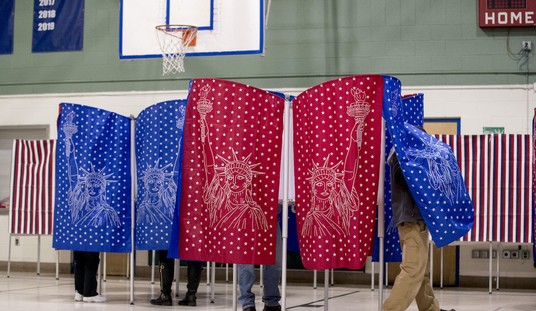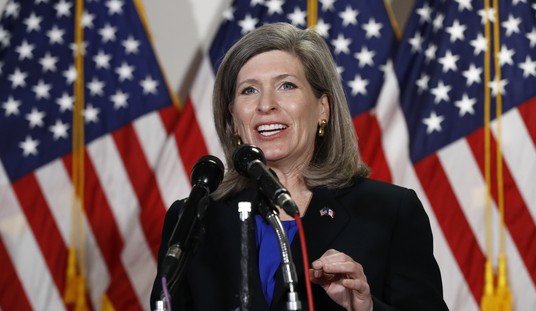Back when the world was young and Elon Musk was telling us he could easily cut $2 trillion from the federal budget, many of us scoffed at the idea that Congress would ever take such action.
Musk's problem wasn't that he would be unable to find $2 trillion to cut. His problem was getting Congress to agree to it. Musk was targeting most of the green subsidies and tax credits in the Inflation Reduction Act (IRA).
The IRA is chock-full of these tax giveaways, and the House enthusiastically attacked them in the Big, Beautiful Bill (BBB). According to Veronique de Rugy, they established "hard deadlines for wind and solar tax credits and tighter eligibility geared toward projects that could begin construction within 60 days of enactment and be in service before 2029."
Unfortunately, when the BBB arrived in the Senate, many of the most severe cuts melted away. Deadlines were extended, grandfather clauses were added, and the phaseout for projects was extended by several years.
Despite that, the cuts to subsidies and tax credits amounted to $500 billion over 10 years. In this case, necessity overrode political expediency. Republicans were desperate to find places to cut spending to make Donald Trump's Big, Beautiful Bill a reality.
All those green subsidies and tax breaks were nothing more than "cronyism masquerading as climate policy," says de Rugy. They "distort the tax code, misallocate capital, and favor companies already in the game, to the detriment of new entrants that might bring something more transformative," she says.
That may be. They're also a fine way to reward contributors and friends of members of Congress. It's legal graft that borders on corruption. Taking $500 billion out of that pipeline is a singular achievement.
As far as corporate subsidies, there's plenty more where that came from.
Now, we're hearing the usual refrain—"But fossil fuels are subsidized too!"—as evidence of the outrage and unfairness that it is to trim green energy subsidies down. I sympathize with the desire to end fossil fuel subsidies.
I want an end to all private-sector subsidies. If your business model depends on special treatment in the tax code, then, as economist Douglas Holtz-Eakin once put it, you don't have a business. You have a tax shelter.
Yes, there are some lingering fossil fuel subsidies on the books. Cato's Adam Michel helpfully identifies them: credits for enhanced oil recovery, for marginal wells, and for carbon capture and sequestration. These are targeted giveaways, and they should also go.
However, what most people clamoring for the end of fossil fuel subsidies are pointing to aren't subsidies at all but simply neutral tax treatments—like expensing and percentage depletion—that apply across many industries. They might distort investment decisions in general, but they are not special favors for oil and gas.
Have we forgotten how to think critically about government spending? Or are we just too lazy and scared to make the hard choices that would secure our future and prevent the coming collapse?
Cutting a significant amount of green subsidies is a victory for common sense. But this is just a skirmish in the twilight struggle to put our fiscal house in order. The tax code is full of such boondoggles and corporate carveouts. Can we gather the political will to continue to bring common sense to government spending?
If we've learned anything here, it's that cutting subsidies is hard. Once they're in place, armies of rent-seekers mobilize to preserve them. Renewable energy developers, financial firms, and politically connected manufacturers descend on Capitol Hill to keep the money flowing.
But we've learned something else: Fighting back can work. Even this partial rollback shows that reformers aren't powerless. The next time someone says eliminating tax preferences is impossible, point to $500 billion in savings. We got that rollback not because the politics were easy but because some people stood firm.
It can be done. We just need a sustained effort to accomplish it.










